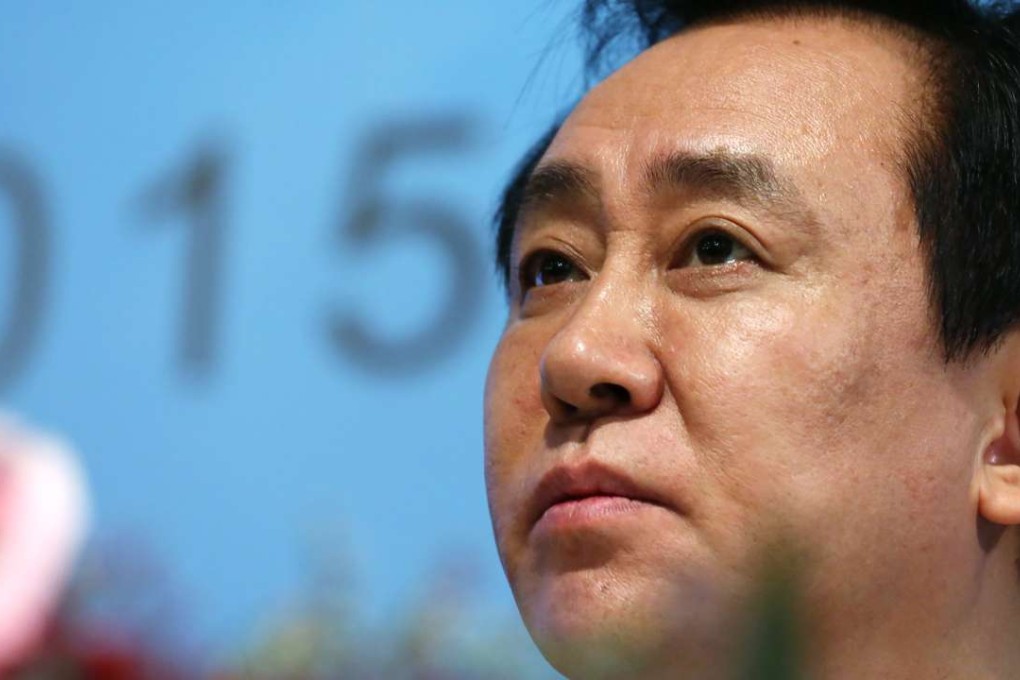Vanke jumps another 10pc, as Evergrande hovers
Speculation mounts that developer set to double its 5pc stake in the embattled housebuilder

China Vanke’s Shenzhen-traded shares surged to their upper limit for the second straight trading day on Monday, as speculation mounted rival China Evergrande Group was poised to double its 5 per cent stake in the embattled housebuilder, which is at the centre of a takeover battle with its leading shareholders.
Within an hour of the opening, Vanke A-shares had soared by the 10 per cent limit, and closed at an eight-year high of 25.06 yuan.
There is strong suggestion that billionaire Hui Ka Yan, the chairman of Evergrande, is driving the surge, after also buying hefty stakes in two other developers.
Trading in Vanke shares resumed on July 4, after a seven-month halt.
They also surged by their 10 per cent limit on August 4, when it was first reported by the Chinese media that Hui had started buying its shares.
Evergrande’s only official statement on its intentions towards Vanke so far has been that it is investing because of the company’s strong financial performance.